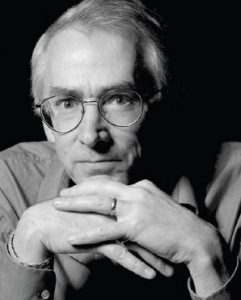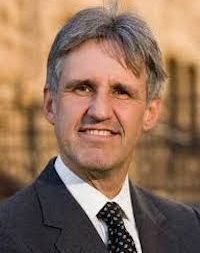The Weekly SPI Fellows Update
by Julie Esris
We are pleased to introduce David Sloan Wilson, Ph.D., our newest SPI Fellow and President of the Evolution Institute. 
The Evolution Institute and SSCE welcome anyone to join their new study — including anyone┬áwho is interested in understanding cultural change from a basic and applied scientific perspective, regardless of one’s┬áacademic training. They are striving to include members from all nations; and there┬áare already over 800 founding members from over 45 different nations.
For more information about the SSCE and how to become a founding member, please visit this link.
Please pass this information on in your organization’s newsletters so that your members and supporters can know about this opportunity.
SPI’s other new Fellow is┬áDr. Silvian Ionescu┬áof Romania.┬áDr. Ionescu has a Ph.D. in Materials Science and Engineering from Lucian Blaga University and a Ph.D. in Management from the Academy of Economic Sciences in Bucharest. He has also been┬áheavily involved in politics, having spent fifteen years Chief of Service for the Romanian Ministry of the Interior’s Intelligence Department. Recently, he also served as President of┬áthe Democratic Liberal Party for the 3rd District of Bucharest.

Philosopher and SPI Fellow┬áRussell Blackford recently wrote an interesting blogpost, “Life During the Culture Wars”.┬áJust how much does tribalism factor into modern society? Why do so many people have hair-trigger responses to the mildest criticism of an aspect about their culture? Are secularists guilty of this too? The answers to these questions may surprise you.
University professor and SPI Fellow┬áMark Juergensmeyer┬áalso has some thoughts on a similar topic. Religion seems to have enjoyed a resurgence at the end of the 20th century and the early 21st century, and with it the rise of religious extremism. How can┬ágovernments handle these extremists in non-violent ways when they are determined to get their way through violence? Find out in Juergensmeyer’s article on the subject.
Each era of human history has had its social inequities, argues history professor and SPI Fellow Ian Morris. In fact, to understand today’s inequities, it’s important not just to examine recent history, but also ancient history. Learn more about what that means in Morris’s┬áfascinating┬áNew York Times article.┬á
